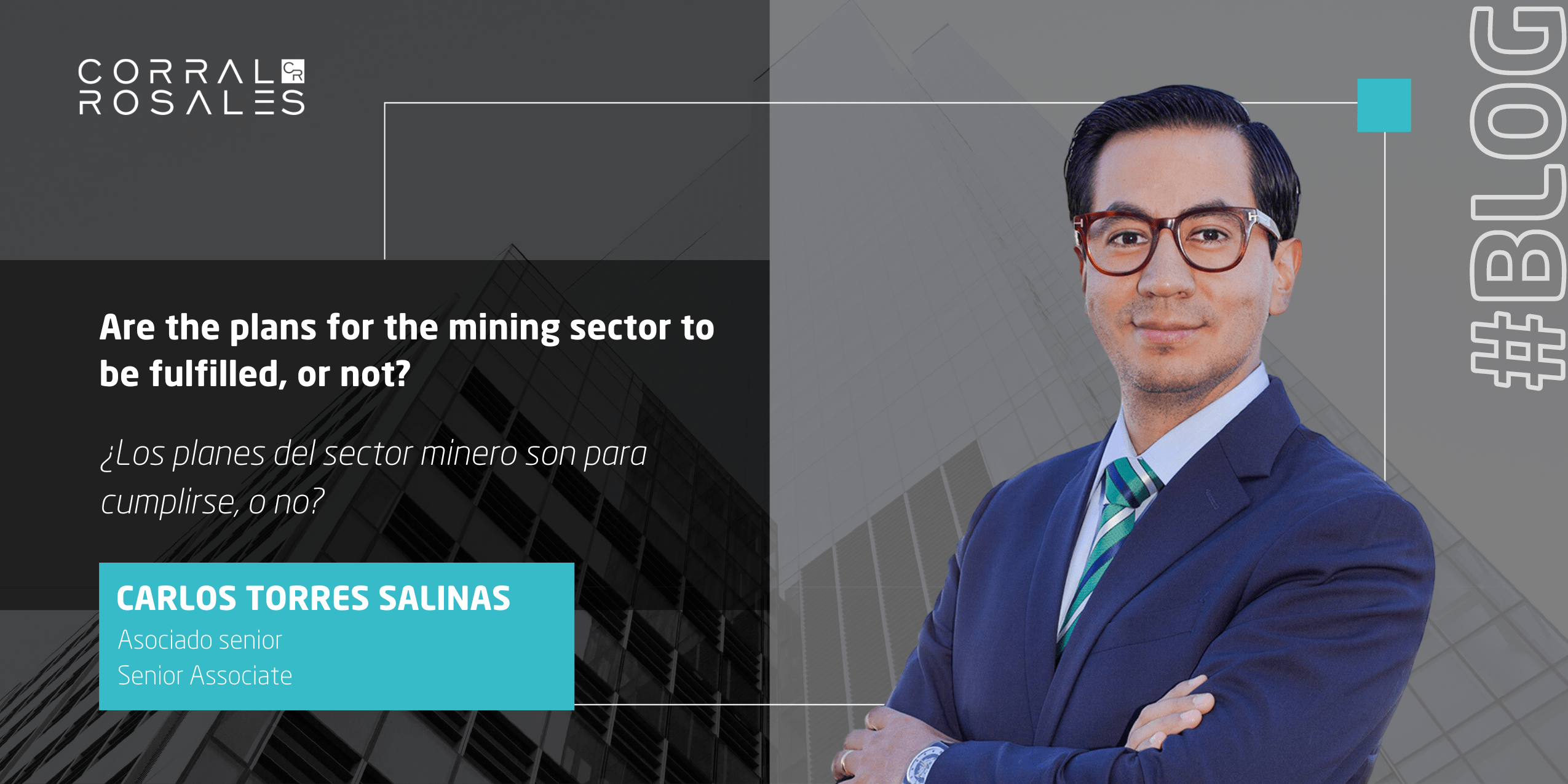Articles 261.7, 261.11 and 313 of the Constitution of Ecuador provide that the State has exclusive jurisdiction over natural and energy resources, and is responsible for administering, regulating, controlling and managing strategic sectors, including energy in all its forms.
In line with the above, Article 7 of the Organic Law of the Public Service of Electric Energy (“LOSPEE”) provides that it is the duty of the State to satisfy the need of the public service of electric energy of the country, through electric companies[1] authorized for such purpose.
Within this regulatory framework, private sector companies usually satisfy their demand for electric energy with that supplied by the electric company, under an adhesion contract[2], which establishes the conditions under which the service will be provided. Under this scheme, the electric company issues a monthly invoice with the amount to be paid for the service, which is calculated based on a tariff[3] set by the competent authority and the consumption of electric energy during the month.
Additionally, the legislation contemplates the self-generation regime. Article 3 of the LOSPEE defines the self-generator as the “Legal entity, producer of electric energy, whose production is intended to supply its own consumption points, being able to produce generation surpluses that can be made available to the demand”; and self-consumption as “…the energy demand of the installation or facilities of a legal entity engaged in a productive or commercial activity, which in turn is the owner, shareholder or has shares in a self-generating company”.
In other words, the self-generation regime consists of a company (self-generator) that is authorized to produce electric energy for its own consumption points (i.e., the consumption of its shareholders or partners), and that can sell surplus energy to large consumers[4] and electric companies[5]. Therefore, the fundamental requirement for a company (regardless of its line of business) to benefit from the self-generation regime is to be a shareholder or partner of a self-generator.
Once this requirement is fulfilled, the self-generator must request from the Agency for Regulation and Control of Energy and Non-Renewable Natural Resources or Regulatory Body (“ARCERNNR”) the authorization of the shareholder company for its own consumption, according to the procedure established in the sixth general provision of Regulation No. ARCERNNR 001/23.
Once the above has been complied with, the self-generator may start supplying electricity to its partners or shareholders under the terms and conditions agreed upon by the parties. According to Regulation No. ARCERNNR 001/23, the company must remain at least one year as its own consumption of the self-generator with which it was qualified, except that, due to its characteristics of operational seasonality, it must periodically make changes of condition.
Once the minimum time of permanence has elapsed, the company may: (i) remain under the self-generation regime with the same self-generator with which it was qualified or with another self-generator; (ii) return to its original status as a regulated consumer[6]; or (iii) switch to a large consumer scheme.
The main advantage of the self-generation scheme is the possibility of negotiating the conditions of the electricity to be supplied by the self-generator, unlike what happens in the “regular” scheme where the price is subject to the tariff set by the authority. Another advantage is that consumers in this scheme can choose self-generators from renewable sources, with which companies could meet environmental goals through electricity consumption with clean energy.
In summary, the self-generation scheme is attractive for companies seeking to reduce their electricity costs, in addition to using electricity generation in an environmentally friendly way.
[1] Article 3.7 of the LOSPEE defines an electric company as the “…legal entity of public or private law, whose enabling title entitles it to carry out activities of generation, transmission, distribution and commercialization, import or export of electric energy and the general public lighting service”.
[2] The LOSPEE identifies it as a “Supply Contract”. In this regard, paragraph 12 of Regulation No. ARCONEL 001/2020 states: “As a requirement for the energization of the new supply of the public electric power service, the applicant must sign a contract called “Supply Contract” with the distributor. This contract shall contain the rights and obligations of the distributor and the consumer, as well as the conditions under which the service will be provided. For the application of this numeral, the provisions of Regulation No. ARCONEL 002/18 “Electricity supply contract model” or the one that replaces or substitutes it shall be observed.”
[3] Article 54 of the LOSPEE provides that the competent authority “… within the first semester of each year, will determine the costs of generation, transmission, distribution and commercialization, and public lighting – general, to be applied in the electric transactions, which will serve as the basis for the determination of the tariffs to the consumer or end user for the immediately subsequent year.” Additionally, Article 55 of the LOSPEE provides that the authority “…shall approve the tariff schedules, which, for the knowledge of the users of the system, shall be informed through the media in the country and published in the Official Gazette.”
[4] It is the consumer that meets the requirements established in Regulation ARCERNNR – 003/21 and has qualified as a “large consumer” before the competent authority. Once qualified under this regime, the large consumer must purchase all its electricity demand from qualified generators or self-generators.
[5] The regulation also refers to them as distributors. Article 4 of Regulation No. ARCONEL 001/2020 defines it as follows: “Distribution and commercialization electric company or distributor: Legal entity whose Enabling Title entitles it to carry out the activity of distribution and commercialization of electric energy and the service of general public lighting, within its service area.”
[6] “Regulated consumer” is the denomination given to consumers who satisfy their demand for electric energy than that delivered to them by the electric company under a Supply Contract. Article 4 of Regulation No. ARCONEL 001/2020 defines it as follows: “Regulated consumer: Natural or legal person who maintains a supply contract with the electric distribution company and who benefits from the provision of the public electric energy service.”
Mario Fernández
Associate at CorralRosales
mfernandez@corralrosales.com
















